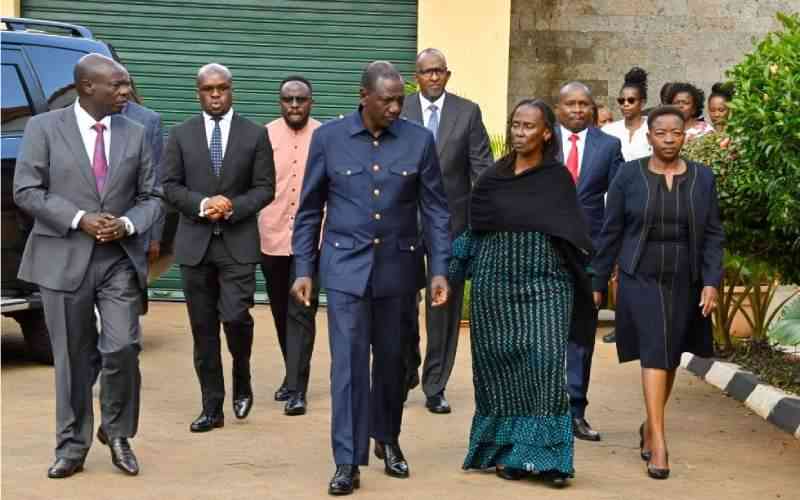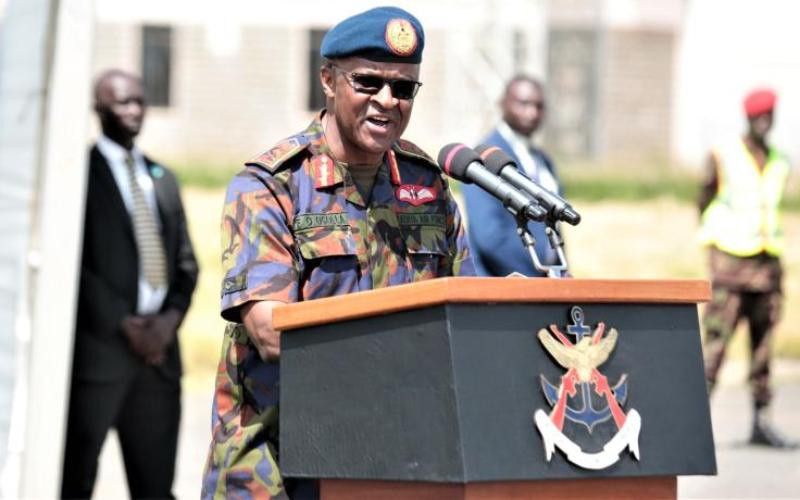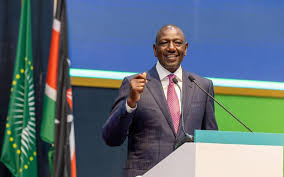The debate on the outcome of the case facing Deputy President William Ruto and radio journalist Joshua Sang at the International Criminal Court (ICC) continues to dominate the public discourse. Going by recent events in the political front, it would appear that gap between those who lobbied for termination of the case and those who pushed for it has narrowed down. Many leaders, who would have wished to see the DP jailed, have changed their tune including former Prime Minister Raila Odinga who now says he is ready to testify in favour of Ruto at The Hague. But the turnaround would bring to fore a couple of questions. Can we trust these leaders now? Did they make the offers in good faith and with a clear conscience? If they wished the DP well, why would they wait until the tail end of his case?
Ruto/Sang defence teams have invoked the provisions of Rome Statute and filed separate no case to answer motions. If the judges would rule in favour of the motions the two Kenyans will be set free but, if they decline to do so, it means they will have a case to answer and they will be required to present defence witnesses.
Notably, the Assembly of State Parties (ASP), the ICC legislature body, is scheduled to hold its 14th session in The Hague which will kick off on November 18th and end on 26th. The Kenya government has already written and forwarded a petition to the United Nations Security Council (UNSC) and the President of ASP that sought to request the assembly to re-introduce debate on Rule 68 that had been amended during the last year‘s session of ASP.
In the petition, Kenya complains that the Trial Chamber hearing case facing Ruto and co-accused allegedly failed to respect and comply with a resolution that the Assembly had unanimously adopted which stated. The amended Rule 68 will not be applied retroactively, hence it was clear the remaining Kenyan cases would be exempted.
However, it was apparent that judges would not consider the new clauses when they delivered their ruling on an application filed by the prosecutor that sought to have her office allowed to use prior recorded statements of witnesses, who had recanted and withdrawn their testimonies and others had passed away. The judges would rule in favour of the application, a development that drew the wrath of the defence teams, the Kenyan authorities and many member states around the world.
The legal teams would move with speed to file an appeal before the ICC Court of Appeal (the ruling is yet to be delivered) as Jubilee MPs kicked off countrywide prayers meetings where they would be joined by a section of their CORD counterparts.
To this end, my considered view is that the ASP will have no option other than to accept the debate on Rule 68 to be re-introduced. As the top decision making organ of ICC, the assembly has a moral obligation to do a follow-up and ensure that the court respects and fully implements the resolutions passed by the member states. Can such decisions be contested? Yes they can but only if they fail to comply with the rules and procedure that govern the work and operations of the Assembly.
 The Standard Group Plc is a
multi-media organization with investments in media platforms spanning newspaper
print operations, television, radio broadcasting, digital and online services. The
Standard Group is recognized as a leading multi-media house in Kenya with a key
influence in matters of national and international interest.
The Standard Group Plc is a
multi-media organization with investments in media platforms spanning newspaper
print operations, television, radio broadcasting, digital and online services. The
Standard Group is recognized as a leading multi-media house in Kenya with a key
influence in matters of national and international interest.
 The Standard Group Plc is a
multi-media organization with investments in media platforms spanning newspaper
print operations, television, radio broadcasting, digital and online services. The
Standard Group is recognized as a leading multi-media house in Kenya with a key
influence in matters of national and international interest.
The Standard Group Plc is a
multi-media organization with investments in media platforms spanning newspaper
print operations, television, radio broadcasting, digital and online services. The
Standard Group is recognized as a leading multi-media house in Kenya with a key
influence in matters of national and international interest.









